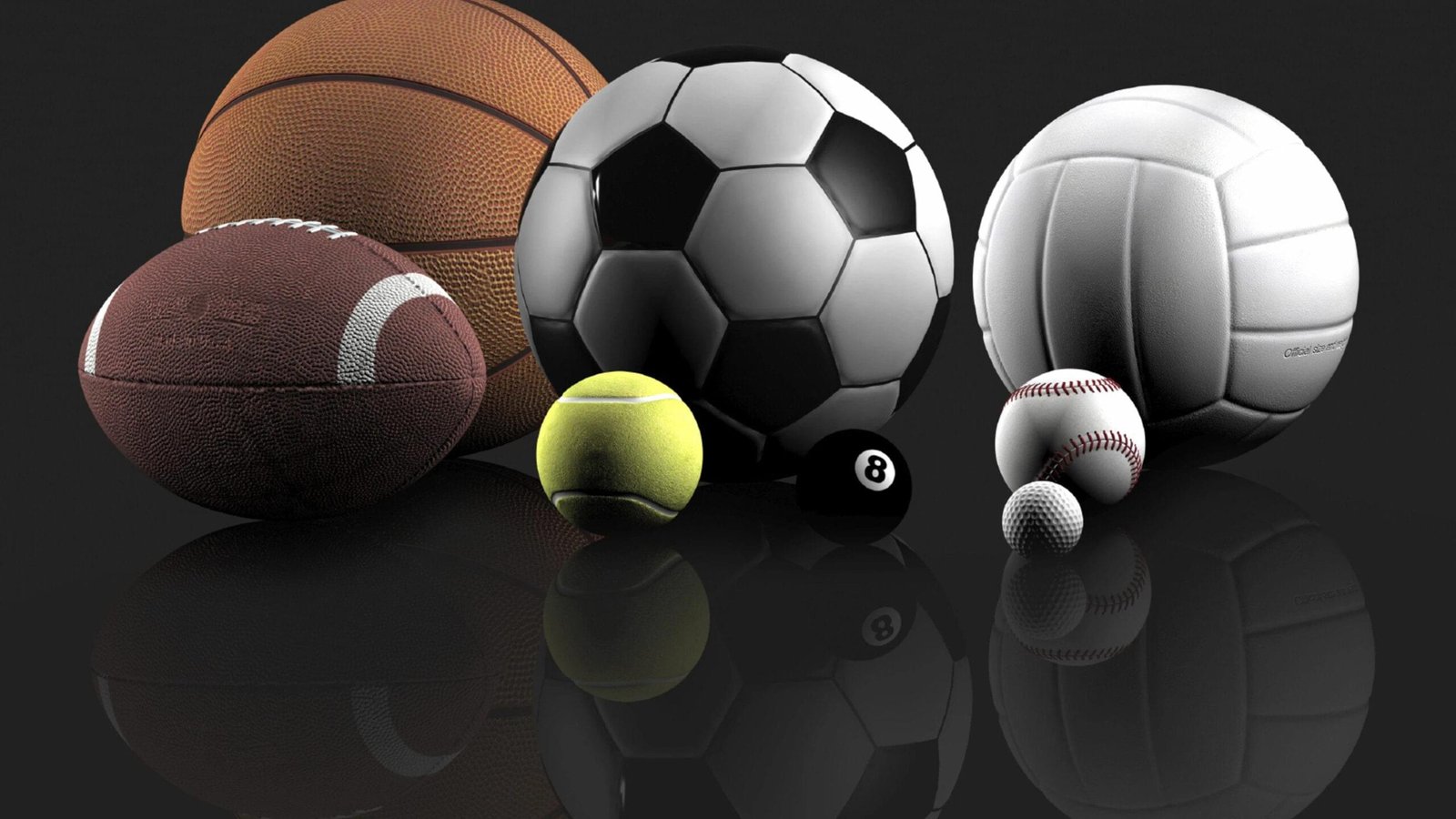Academic studies and athletic training are intertwined. Each is a mirror image of the other. The curriculum includes sports education as a core subject. It contributes to a person’s overall development and helps mold their personality. This subject serves as a kind of showcase for all the academic subjects that one has studied. Math and physics are the underpinnings of every sport.
Sports and physical education give kids the chance to be outside and exercise while learning a variety of abilities, even if many courses are taught in the classroom. Ask for assistance if you feel you need someone to “write my thesis paper for me” because students typically have too much on their plates and are unable to find the time to exercise.
Sports have various educational advantages that go beyond the physical. This blog will look at how students’ academic progress, health, and lifestyle are all favorably impacted by athletic participation.
Advantages of Sports for Learning
These are just a few of the numerous advantages that your child will experience as they get more active and involved in sports.
Increase in Health
Kids love outdoor activities, and they can improve your fitness. You may strengthen your heart, bones, and lung capacity by engaging in regular exercise. It aids in the prevention of chronic illnesses. Diabetes management, weight loss, blood circulation, and stress reduction can all be helped by exercise. With sports, bones and muscles can be strengthened and toned thanks to the interaction of cerebral and physical development.
Students learn the value of leading healthy lifestyles through sports. Sports can promote good eating and help fight obesity. Young people are inspired by sports to eat more fruits and vegetables. They are more likely to grow up to be active adults and are less likely to become obese than their classmates.
Physical activity and sports can be used to prevent both communicable and non-communicable diseases. So, both in wealthy and developing nations, sports are effective ways to raise the general population’s level of health.
Booster of Confidence
Winning isn’t everything in sports. Instead, it is about reaching objectives and cooperating as a team. The main goal of most sports is friendly competition. To encourage children to appreciate and learn to play peacefully and acquire confidence, PE teachers must capitalize on the inherent competitiveness and excitement of sport.
A child’s confidence may be boosted by a coach’s words of inspiration or by their team scoring the winning goal. Children need to have strong self-esteem as a character quality. The perseverance they learn via sports will carry over to their academic pursuits.
Leadership Capacity
Whether they are playing with the national team or a small group of pals, every squad requires a leader. As they develop, students are given the chance to take on leadership roles. They gain self-assurance and the capacity to act swiftly and wisely as a result. Sports, which regularly call for decisions to be taken and communicated to the other team members for the greater good, can help to strengthen these skills.
Businesses are seeking for persons who can perform well in a team atmosphere when hiring new staff. As they advance in the corporate hierarchy, their leadership background will become more crucial.
Teamwork
Those that can get along well on a team make for effective teams. For many kids, collaboration is introduced for the first time in physical education.
Many teams think that the group as a whole is more significant than any one person. Your kid will be able to take part in a group project and experience firsthand how important achievement is.
Discipline
The part of sports that involves failure is underappreciated. To achieve in life, you need to be persistent and disciplined. A way to do this is through athletics. Natural highs originate from the inherent nature of the sport, which clearly distinguishes losers from winners. Young athletes must be prepared for this later in their lives.
Sport is a fantastic opportunity to demonstrate the value of perseverance. You must be persistent and have a “never say die” mentality if you want to excel in anything. Your child will learn the value of overcoming obstacles to accomplish goals via athletics.
Academic Achievement
Discipline is something that can be learned through sports and is useful in all aspects of life. Students gain tactical, mental, and physical training through participation in sports. Pupils’ ability to concentrate and see clearly is improved. Academic achievement depends on having these qualities. Kids who participate in sports and fitness can achieve academic success.
Societal advancement
Your physical and mental health will benefit from exercise. They also give students the tools to define goals, develop character, and develop leadership qualities. Sports participation can improve social interactions and self-esteem. Also, it fosters in students an optimistic view on life.
Children can learn morality, ethics, accountability, and trust through sports. A person who has a spirit of sportsmanship can handle all the ups and downs of life more gracefully. They will be more inclined to resist social evils since they will possess positive ideals and an optimistic mindset. According to research, students who participate in sports earn higher marks and are more self-assured. They also graduate more quickly.
Sports’ importance in education
Sport has numerous advantages that go far beyond the physical. Exercise and engagement in sports can have a big impact on a child’s academic progress. There are many advantages to including sports education in the school curriculum. It teaches students discipline and collaboration. It encourages kids to act more formally in public. Those who exercise regularly stay healthy and fit, which wards off conditions like obesity and arthritis.
Sports can help people develop their confidence and leadership abilities. It aids kids in overcoming challenges and learning how to handle them. Growth is facilitated through exercise, which also enhances one’s physical and mental well-being. Many of these activities are necessary for physical growth.
Children who participate in athletics as part of their school curriculum develop into physically fit adults. They become more competitive, communicative, and outgoing as well as stronger and more extroverted. Their self-assurance rises, and they become more receptive to encountering new individuals and experiencing new experiences. Children learn early on that working hard is a virtue as a result of this.




